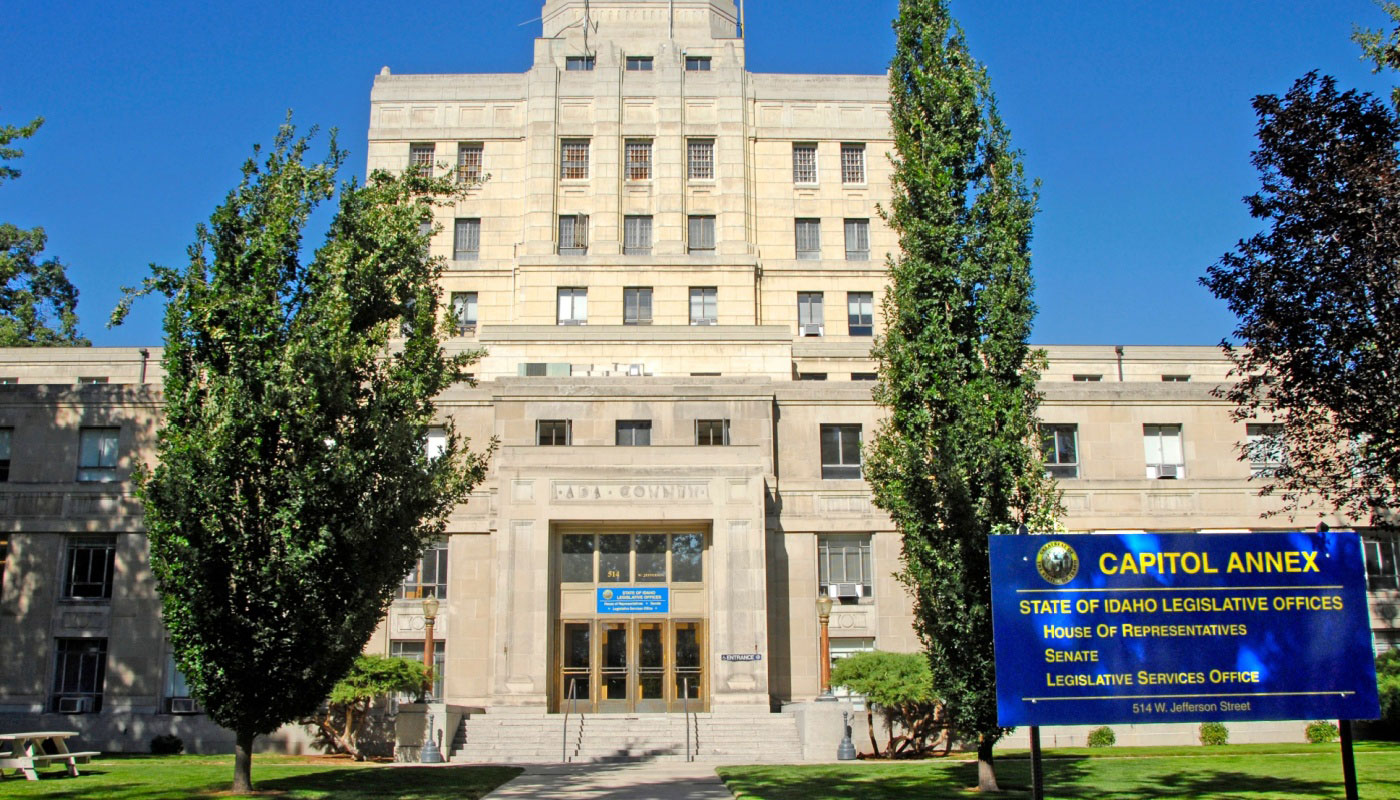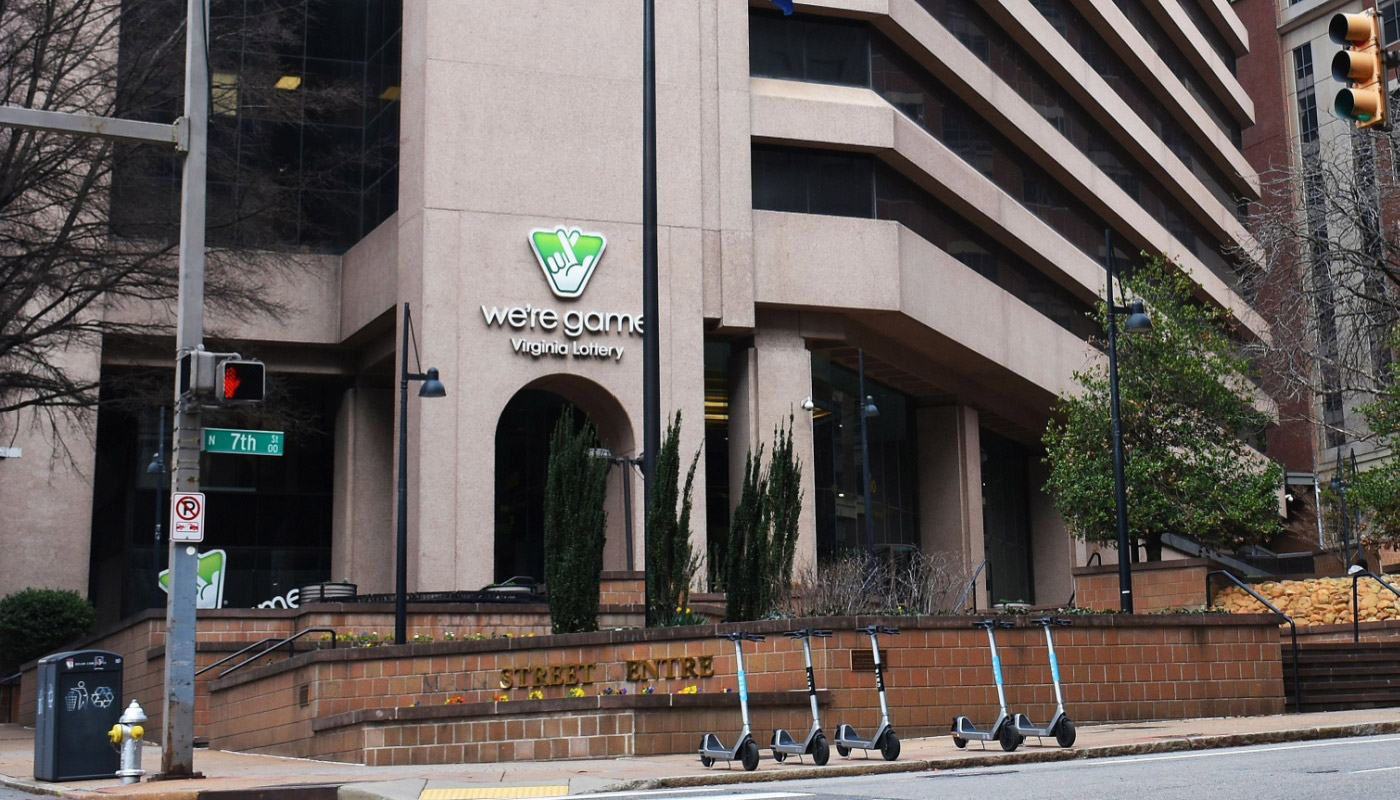
News writer; Opinion columnist
You're not winning the lottery. Or, to be precise, it is highly unlikely you will ever win the lottery. Most people understand that their tickets never hit the big prize because the odds of winning a major lottery jackpot are astronomically long.
For example, the odds of winning a Powerball jackpot are one in 292 million. That means you're more likely to be struck by lightning, attacked by an alligator, and win an Olympic medal than you are to pick all six numbers in a given drawing.
But with so much money at stake, it's natural for people to come up with alternative realities to explain why they never won or perhaps why no one has ever won the lottery. These are some of the craziest conspiracies around the lottery.
The Mob
While almost all lotteries are either run or regulated by state governments, a widespread belief has grown that they are actually controlled by the mafia, which uses them to launder money and award jackpots to their friends. There are different versions of this conspiracy, with some saying that the mob can rig the numbers to guarantee wins, while others believe that lucrative ticket sales are actually under their control.
This conspiracy does have some historical truth. In the late 1800s, the Louisana Lottery Company ran the most popular national lottery in the country. However, after a series of scandals involving tax evasion and bribery, Congress passed laws that effectively banned all lotteries in America.
With the end of the legal lottery, organized crime groups were able to step forward and create their own illegal version of the game, popularly known as the numbers racket. Players could buy tickets for as little as a penny, and the winning numbers were determined by the last three numbers of the total handle, or amount bet, at a designated racetrack in a day. For example, if the handle was $48,679.48, the winning number for that day was 948.
However, as states legalized their lotteries in the 1960s, there was less incentive to play an illegal version of the game with criminals, and gradually, players bought most of their tickets from official state lotteries. By the 1980s, most states had joined the lottery and offered jackpots in the tens of millions, which the mob couldn't match, and the numbers racket was almost entirely extinct.
If you ever want to play a mob-run game, travel to Brazil, where the wildly popular Jogo do Bicho lottery is illegal but available almost everywhere.
Rigged numbers
The entire idea behind a lottery drawing is that the numbers are selected at random, which means that everyone with a ticket has an equal chance of winning. However, a significant number of people seem to think that the winning numbers are determined before the drawing.
One of the more popular versions of this theory is that the government rigs the lottery so it can make more money. The idea is that after ticket sales are cut off, the lottery commission intentionally picks numbers that won't win the top prize. This causes the jackpot to grow larger when it rolls over to the next drawing. Studies have shown that the bigger the jackpot is, the more tickets people buy.
Again, this is another theory with a small grain of truth. The most famous case of lottery rigging involved a man named Eddie Tipton, who was in charge of IT security for the Multi-State Lottery Association, which runs games including Powerball and Mega Millions. Tipton slipped a piece of malicious code into the program that selected the numbers for the game Hot Lotto and helped his friends and family win the game at least five times.
Tipton was finally caught when he tried to cash in a ticket worth $16.5 million. He was charged with fraud and sentenced to 25 years in prison, although he was released after serving just five years.
In the wake of the Tipton scandal and others like it, the MUSL significantly upgraded its security procedures. For example, the equipment used for Powerball drawings is housed in a basement vault that requires two people to open. The vault itself is kept under 24-hour remote surveillance, and any time the vault door is opened, emails are sent to multiple security officials.
The balls themselves are weighed and x-rayed, and there are several matching sets, so no one knows which set will be used for a given drawing.
This does not mean that it's impossible to rig a lottery drawing, but it would take Ocean's 11 masterminds to defeat the security measures currently used by major lottery organizations.
Illuminati
Of course, if we're talking about conspiracies, then eventually, we'll need to mention the Illuminati. This secretive organization is the Swiss army knife of conspiracy theories because it has been connected to everything from the outcome of presidential elections to the cloning of celebrities.
The Illuminati conspiracy is similar to the mob one, except instead of claiming that the lottery is controlled by organized crime groups, it believes that it is actually controlled by a secretive religious order that has acted as a global puppet master over historical events and governments for centuries.
Unlike some of the other conspiracies on our list, there's really no truth here because there isn't a real Illuminati. To be clear, there once was an organization called the Illuminati, which existed for only about a decade in Germany in the 1700s. It was founded by a Bavarian law professor who wanted to influence powerful kings and rulers by spreading the ideas of the Enlightenment, an intellectual and philosophical movement based on the principles of rationalism and natural law.
They were a highly secretive organization that developed a number of bizarre rituals and symbols, some of which have caught on in popular culture. For example, they're the antagonistic group in the mega-best-selling novel The Da Vinci Code.
However, their cultural impact far exceeded their real-world accomplishments. The original Illuminati ended in 1785 when Karl Theodor, the Duke of Bavaria, banned all secret societies. Despite their dissolution, they've been a popular target for conspiracy writers for centuries, which is why we still hear about them today.
So the truth of this conspiracy is that the Illuminati doesn't control the lottery for the simple reason that, outside of a few books and movies, there is no Illuminati.
The Cali-conspiracy
Another popular lottery conspiracy claims that there is too much gold in the Golden State. If you track the biggest lottery payouts, one pattern should jump out to you: players in California win a lot of big prizes. In fact, California players won four of the ten biggest lottery prizes of all time.
Some people say that this is proof that the game is rigged because West Coast players are winning too often, and to be fair to the conspirators, there is some truth to this theory; however, it is a result of math, not a global mafia/Illuminati conspiracy.
Stating the obvious, California has a lot of people. In fact, it's the most populous state in the entire union. The 2020 census found that approximately 39.5 million people live there, nine million more than Texas, the second-largest state.
Rather than proof of a conspiracy, this should be evidence that the lottery works as intended because it would be statistically improbable for any other state to produce as many big lottery winners as California. The state with the largest population buys the most tickets, which means it has the highest odds of winning. This also explains why there are a large number of winners in Florida, the third-largest state.
Now, if a smaller state such as Main took home all of the biggest billion-dollar prizes, you might be on to something.
Time travel
This conspiracy started as a podcast joke but has gained a few true believers over time. The theory is that the government started the lottery to help them catch time travelers. The main idea behind this conspiracy is that if someone could time travel, one of the first things they would do is win the lottery because they would know the numbers in the future.
The government would then investigate all lottery winners to identify who is actually from the future so they could capture them and interrogate them about time travel technology. Let's be clear: this conspiracy is really about making fun of conspiracies, but if you're willing to believe that the world is run by non-existent secret societies, then why not also believe that time travel is possible?
Can you trust the lottery?
While some people have figured out ways to rig individual lottery drawings, these instances are few and far between. In most cases, the people responsible for them were caught and went to prison. America's major lotteries are highly regulated, secure, and safe to play. While your odds of winning aren't great, they are not impacted by either secret societies or time travelers.
So, if you don't win that next big jackpot, it's not because of rigged machines or the mafia. It's because almost no one wins the lottery.


















Comments